Ski Areas
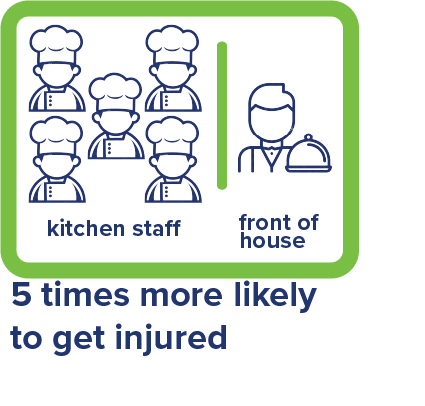
Preventing Most Common Restaurant Injuries
As a restaurant operator, you cannot afford to have workers away from the job injured.
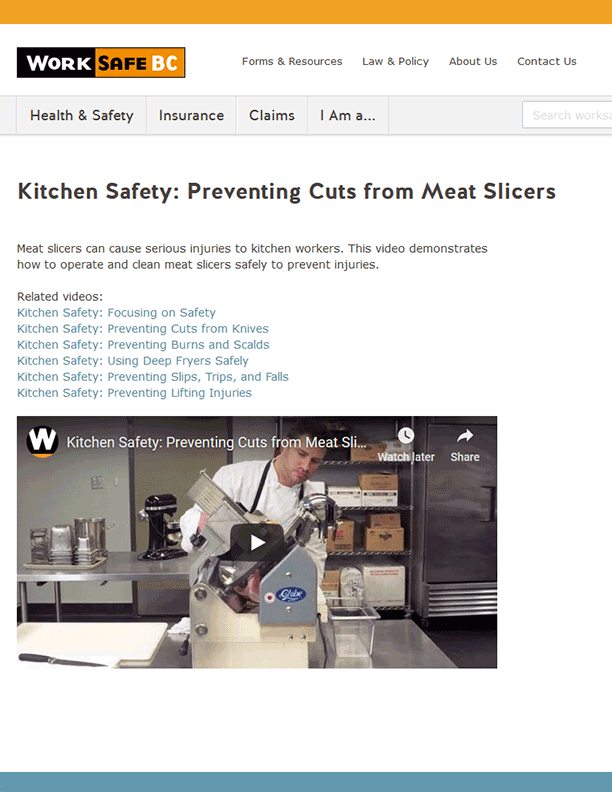
Kitchen Safety Video – Preventing Cuts from Meat Slicers
Kitchen Safety Video – Preventing Cuts from Meat Slicers Kitchen Safety Video – Preventing Cuts from Meat Slicers. Well-known executive B.C. chefs share their real-life perspectives on the importance of kitchen safety and offer lessons from their own experiences. go2HR is BC’s tourism & hospitality, human resources and health & safety association driving strong workforces… Continue reading Kitchen Safety Video – Preventing Cuts from Meat Slicers

Hotel and Accommodation Resources
Find the resources for Hotel and Accommodation here.
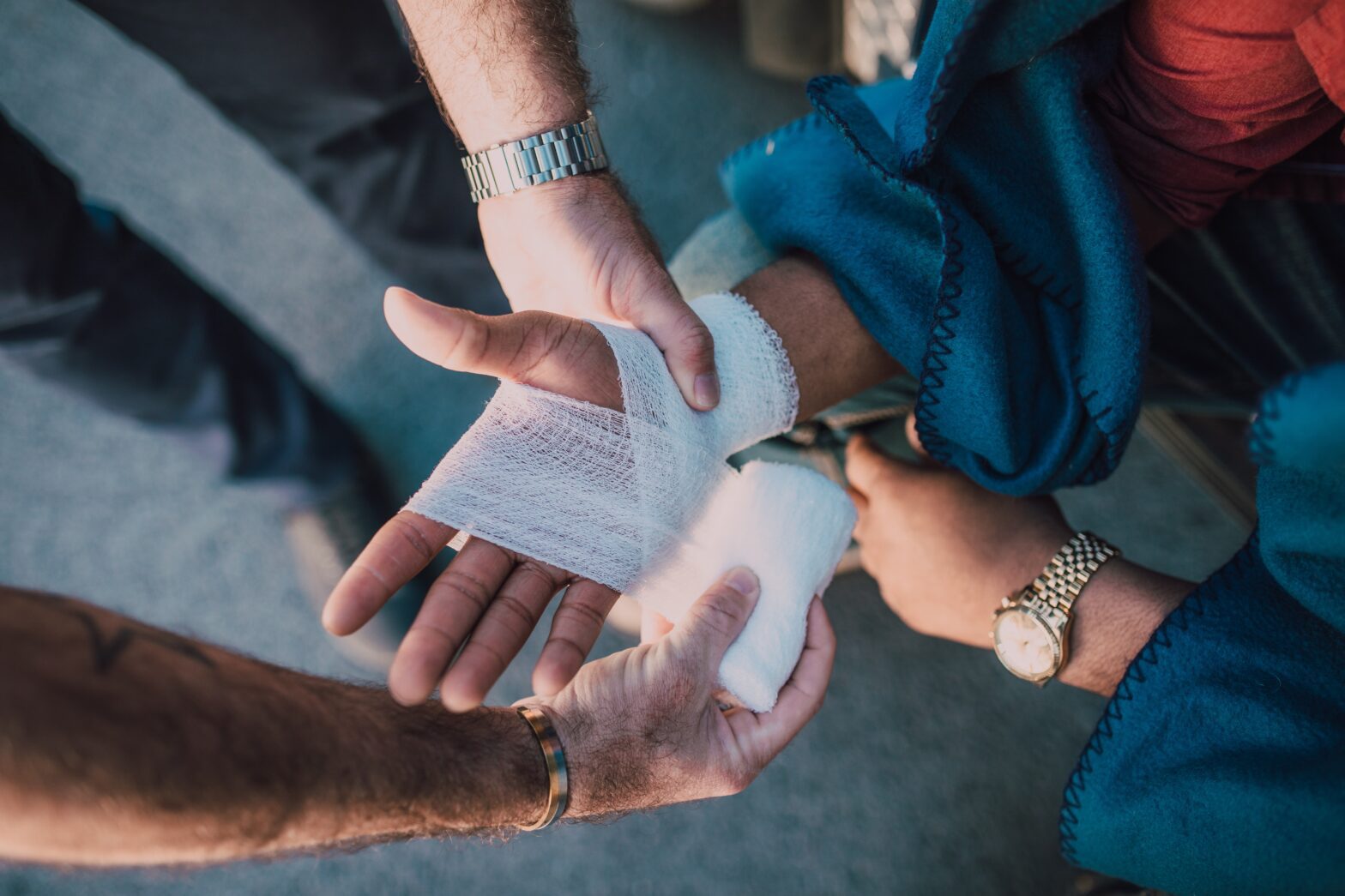
Provide First Aid
As an employer, you must provide the necessary equipment, supplies, facilities, first aid attendant(s) and services in order to treat injured workers and ensure they are transported to a medical centre. Part 3 of the Occupational Health and Safety Regulation sets out the first aid requirements for B.C. workplaces.
Know About Responsibilities
Under the law, everyone in the workplace — from employers to front-line workers — has responsibilities for health and safety.

Investigate Incidents
If there is an incident in your workplace in which a worker is injured or could have been seriously injured (i.e., a near miss), both you and WorkSafeBC have specific responsibilities.
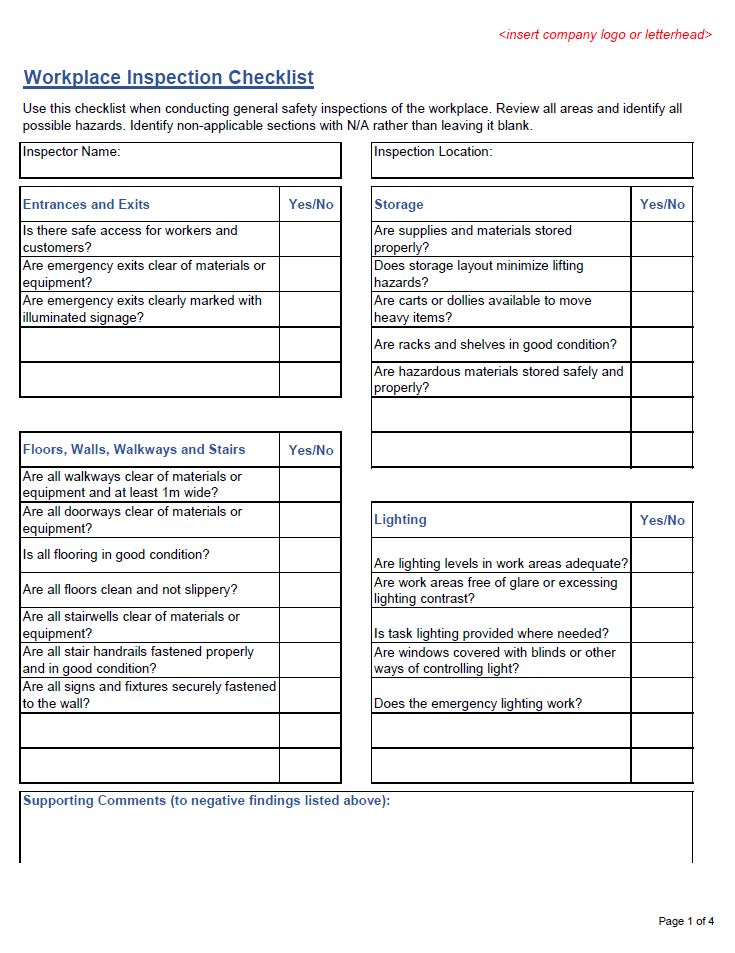
Workplace Inspection Checklist
This customizable template is used to conduct general workplace inspections. Regulation dictates that workplace inspections need to occur “regularly” and must be documented. Inspections should be reviewed by the joint health and safety committee during meetings. Hazards identified in the inspection can be fixed by assigning tasks and setting reasonable deadlines for completion.
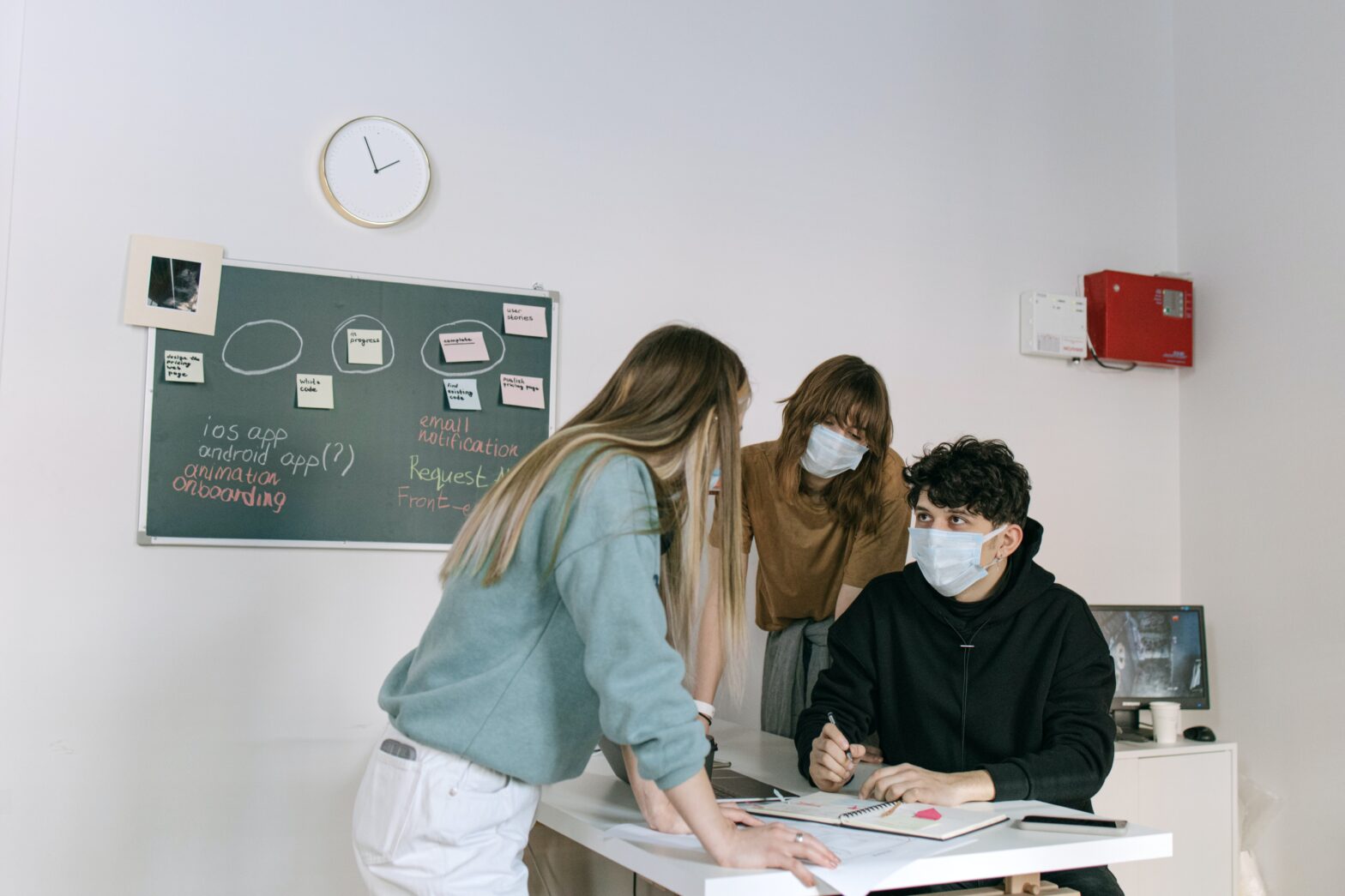
Inspect Your Workplace
Regular safety inspections are a cornerstone of a proactive approach to health and safety. Inspections will help you identify hazards so you can take preventive action before an incident occurs.

Hold Safety Meetings
Regular health and safety meetings provide an excellent opportunity to get everyone in your workplace involved in the safety process. Maintaining communication between you, your supervisors, and your workers is crucial for the success of your occupational health and safety (OHS) program.
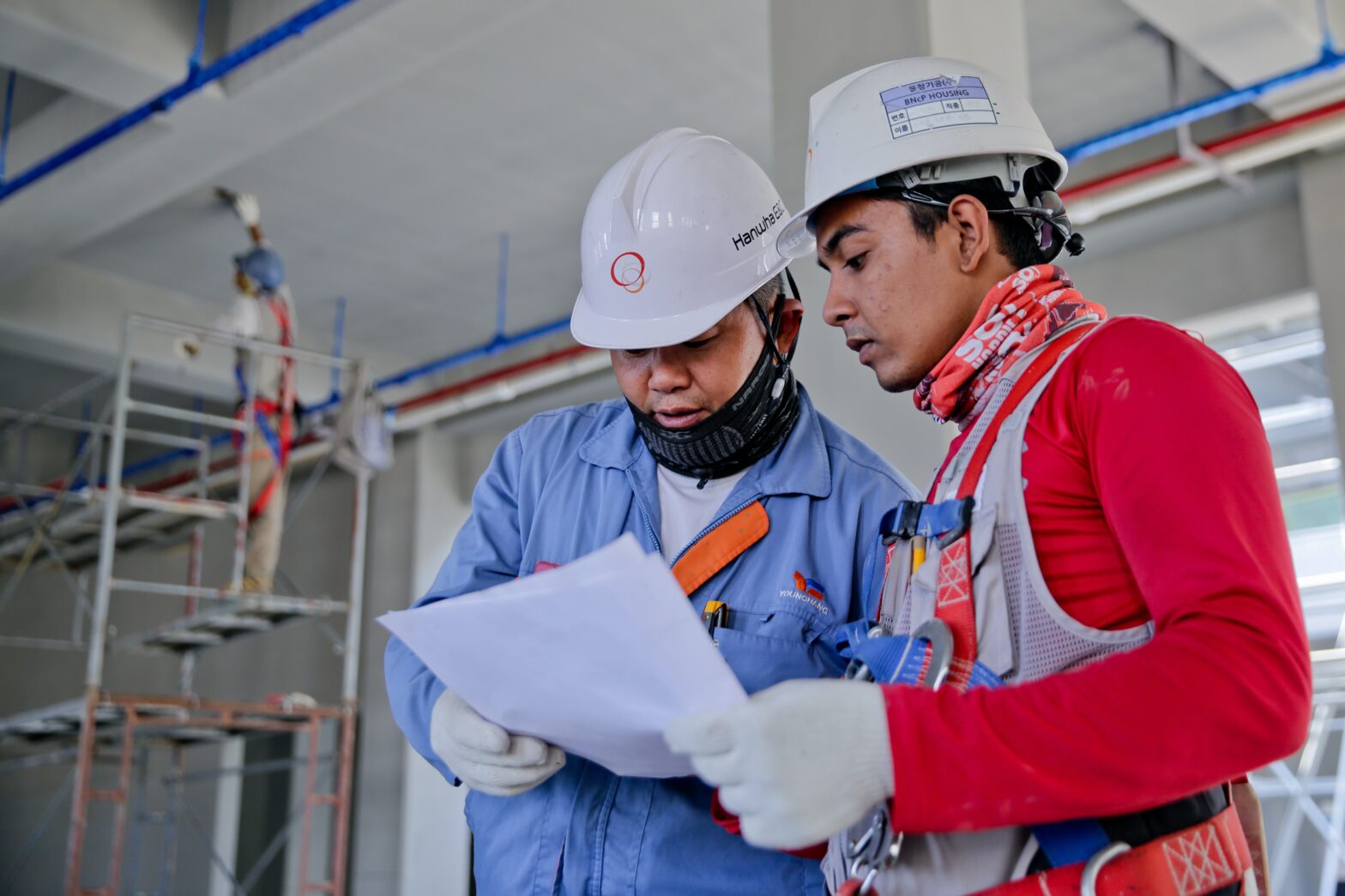
Develop Safe Work Procedures
Written safe work procedures provide your workers with instructions on how to carry out specific tasks and how to protect themselves against known hazards.